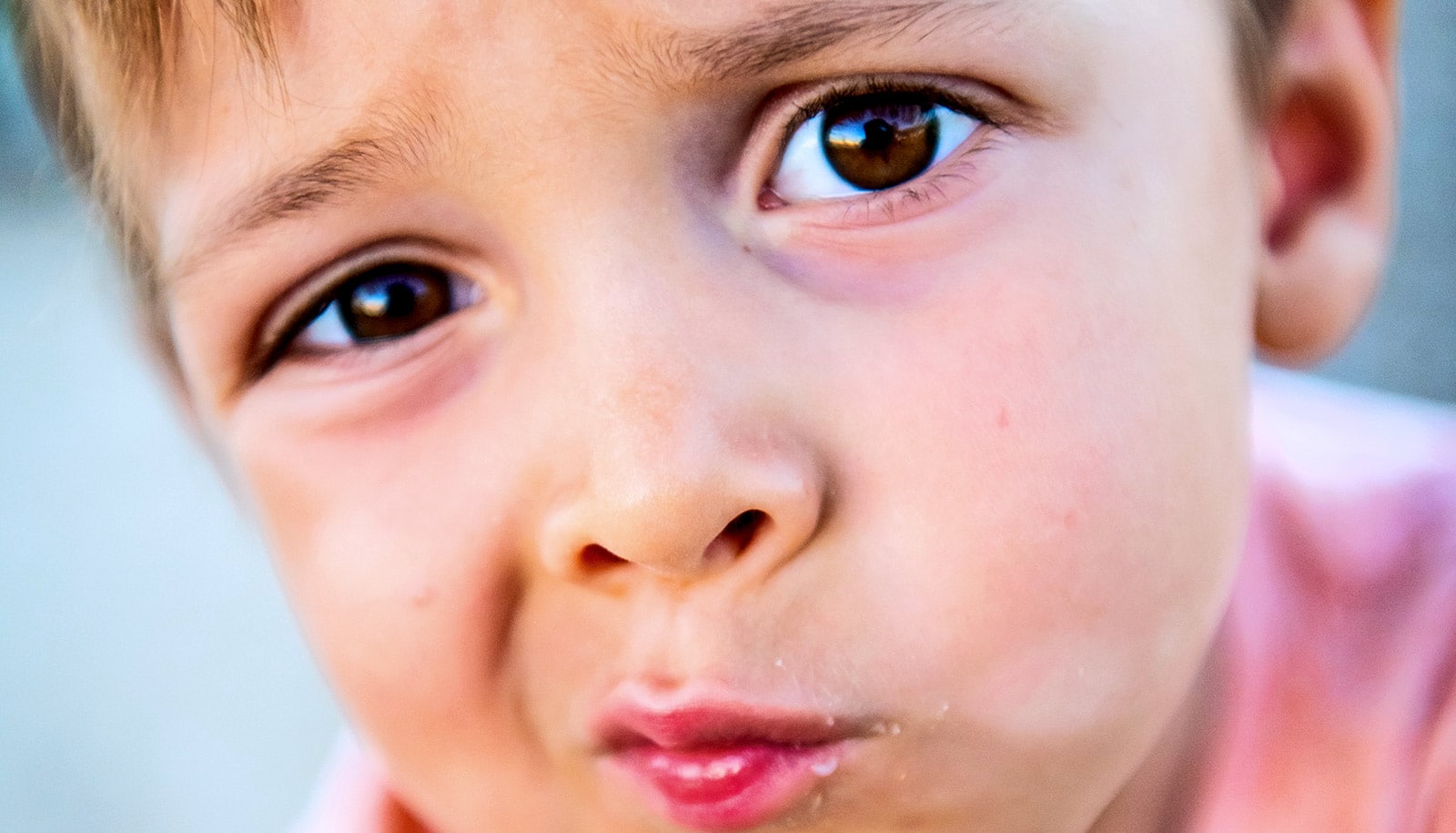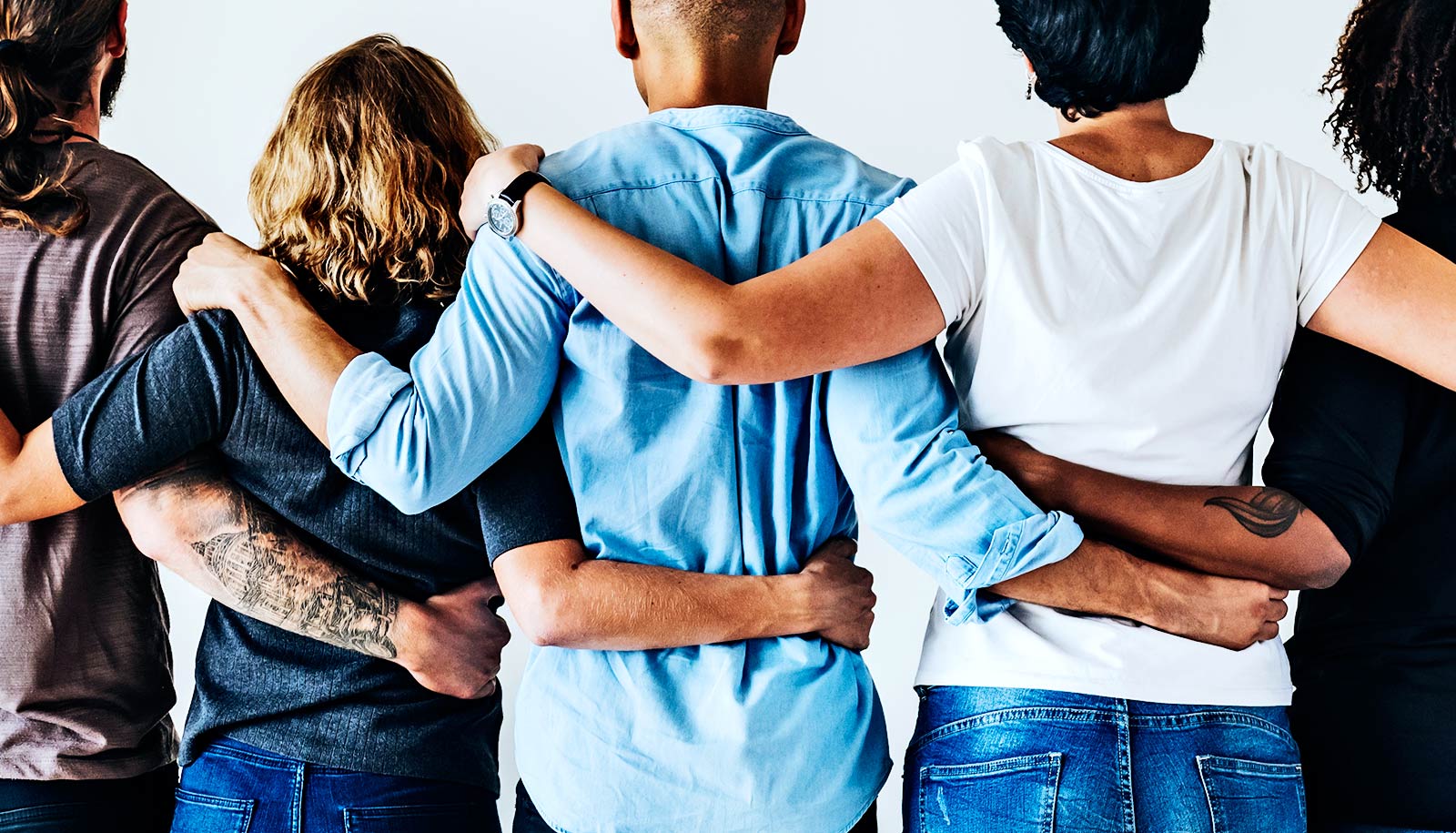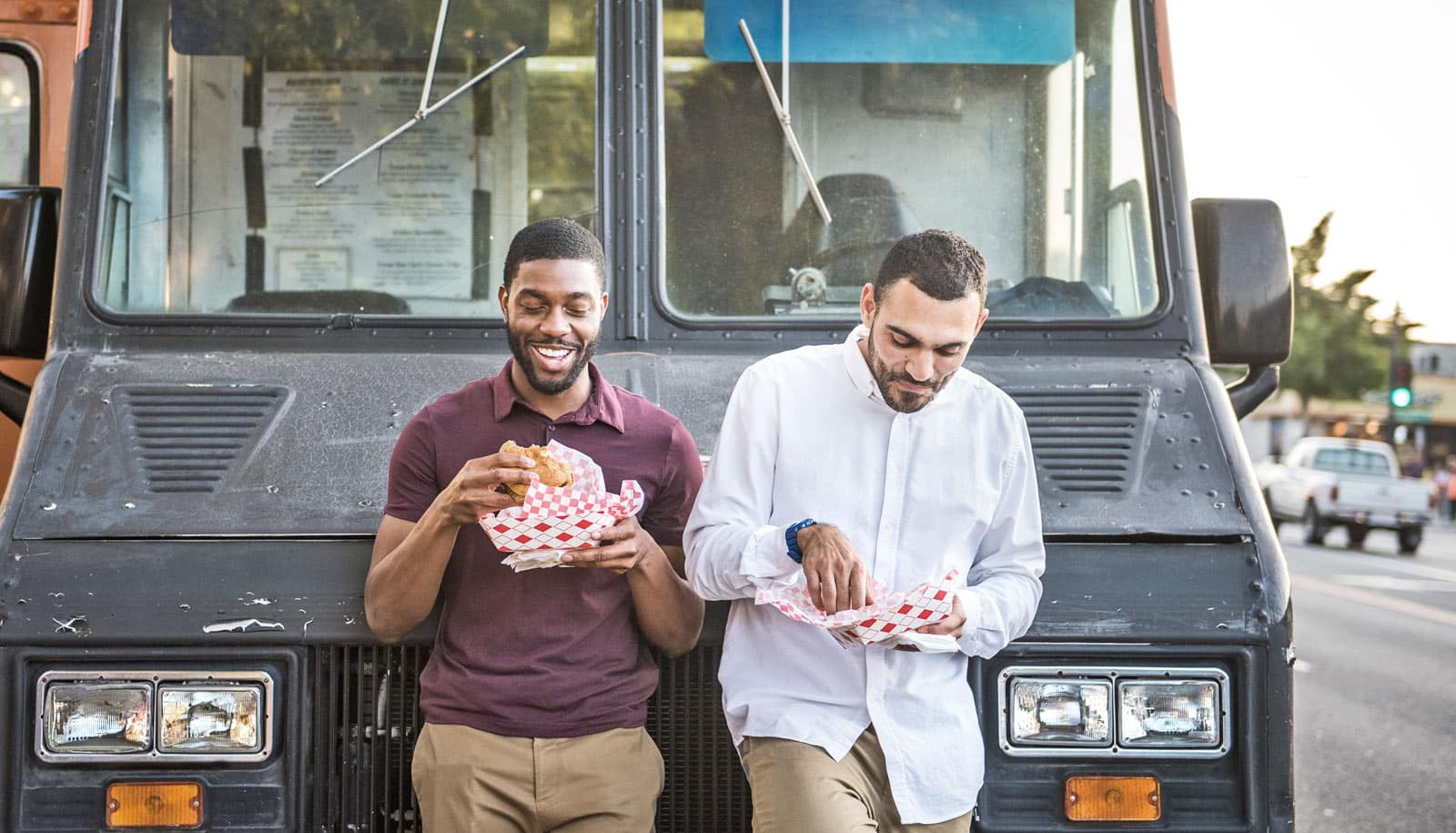New research finds that the worst thing you can do when you’re canceling plans is lie about your reason.
The findings indicate that how cancellations are made may be more important than whether cancellations are made.
William Chopik, associate professor in Michigan State University’s psychology department and lead author of the study in Collabra: Psychology, says he and colleagues talked about how most everyone struggles with canceling plans with a friend.
“Maintaining relationships with others is important to humans, but the reality is that social anxiety exists. Living out in the world—or getting prepared to do so—is exhausting, but staying home provides comfort,” Chopik says. “The pandemic taught us to stay home in our safe haven, but now that the worst parts of the pandemic are hopefully over, expectations to socialize in person are on the rise.”
The large study is among the first to explore the wide variety of norms that exist around canceling plans. More than 1,100 participants were surveyed to examine how people prefer to be canceled on by a friend, the negative emotions they feel when being canceled on, and their criteria for good and bad reasons to be canceled on.
The majority of participants, 80%, said that canceling plans would not affect their friendship but that they would be upset if they learned that the reason provided was a lie.
Overall, people reported relatively low levels of distress when canceled on unless it was by a good friend. When explicitly asked how upset they would be if they were canceled on by a good or best friend, most participants said they would be moderately upset.
“The level of investment in the relationship appears to matter,” Chopik says. “Being canceled on by a best friend—presumably a relationship that people have invested a great deal in—was more upsetting than being canceled on by a merely good friend or a casual acquaintance. Being canceled on by those we are close to may be more upsetting because it more clearly violates the norms of friendship and could resemble a form of social rejection.”
When asked about how to go about canceling plans, almost 60% of participants stated that they would like advance notice about the cancellation and would prefer to be told in a relatively quick way, like a brief call or text.
But, surprisingly, Chopik says, only 10% of the participants expected an apology from their friend for canceling on them.
In terms of acceptable reasons for canceling, approximately half of the sample said that health or family-related excuses are the most appropriate. Work- or obligation-related excuses were also seen as appropriate by about 40% of the sample. Having an emergency or something unexpected come up was spontaneously mentioned about 25% of the time.
More than half of the participants indicated that pursuing more rewarding social events or romantic opportunities were among the worst excuses for canceling plans.
“Relationships aren’t taught in the same way as social studies or biology,” Chopik says. “A lot of learning happens ‘on the fly’ as we find ourselves in relationships and either screw things up or have successes. Socializing ourselves to be more responsive to the people in our lives is a worthy goal if we’re trying to have fulfilling, long-lasting relationships. Though society offers information about how to navigate romantic relationships, little is available about navigating friendships, which also is important as more and more people find themselves single and report feeling lonelier than ever before.”
Source: Michigan State University



